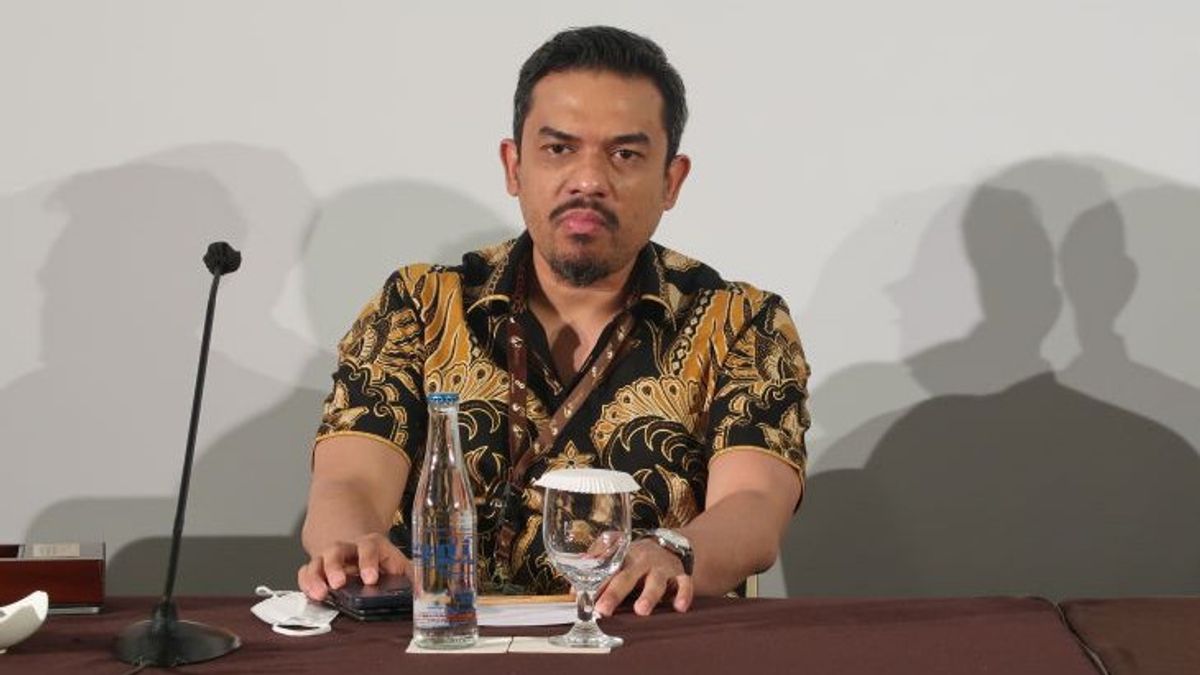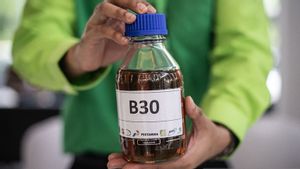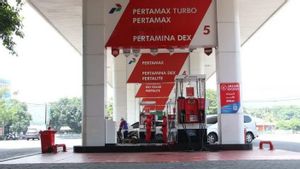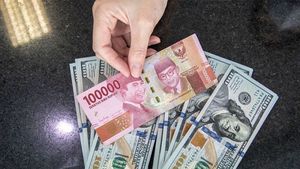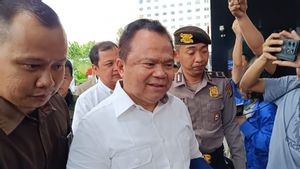JAKARTA - Commission VII of the House of Representatives sees that there are people who misunderstand the meaning of the increase in subsidized fuel prices.
In fact, what actually happened was not the revocation of subsidies but a reduction in budget relocation.
Because so far the problem that often occurs is that the distribution of subsidies is not right on target.
Deputy Chairperson of Commission VII DPR RI, Maman Abdurrahman said that mistargeted subsidies were a problem that had been going on for decades, due to the use of the wrong open method from the start.
"Because goods are subsidized, in the end, everyone has the potential to buy these goods. Wherever every time there is one item with 2 different prices, there is a potential for misuse, there is a game," Maman told reporters, Wednesday, September 28.
On that basis, Maman urged the government to change the method of open subsidies to closed subsidies. This means that subsidies are no longer given to goods, but directly to the community.
"Going back to the initial definition of subsidies, people who cannot afford are given the ability by the state to have purchasing power. In this case, for example, the government gives money so they can buy LPG, so 3 kilograms of LPG are sold at market prices," said Maman.
Furthermore, Maman believes that this way, energy subsidies will be much more targeted. However, with the record that the recipient's data must be completely valid.
"But the question is, is the government's data on poor people correct or not?" asked Maman.
According to Maman, this is something that needs to be monitored together. He also encouraged groups of public observers to enter this area.
In line with Maman, the Executive Director of Energi Watch, Mamit Setiawan sees the need for reform of the subsidy pattern from the government.
The reason is, so far subsidies are given directly to goods.
"Because so far we have subsidized goods based, and that is wrong," said Mamit.
VOIR éGALEMENT:
Still, Mamit said, people-based closed subsidies are actually easier to implement. Because the government already has Social Welfare Integrated Data (DTKS). So that it is clear who is the intended recipient of the subsidy.
"Why do we have to reform the subsidy pattern, so that it is right on target. The government does not keep shouting that the subsidy burden is increasing," he said.
As a path to reform, Mamit emphasized the importance of revising Presidential Regulation No. 191 of 2014.
"This Perpres revision is not finished. That's why I ask BPH Migas to continue to push for this revision," said Mamit.
The English, Chinese, Japanese, Arabic, and French versions are automatically generated by the AI. So there may still be inaccuracies in translating, please always see Indonesian as our main language. (system supported by DigitalSiber.id)
